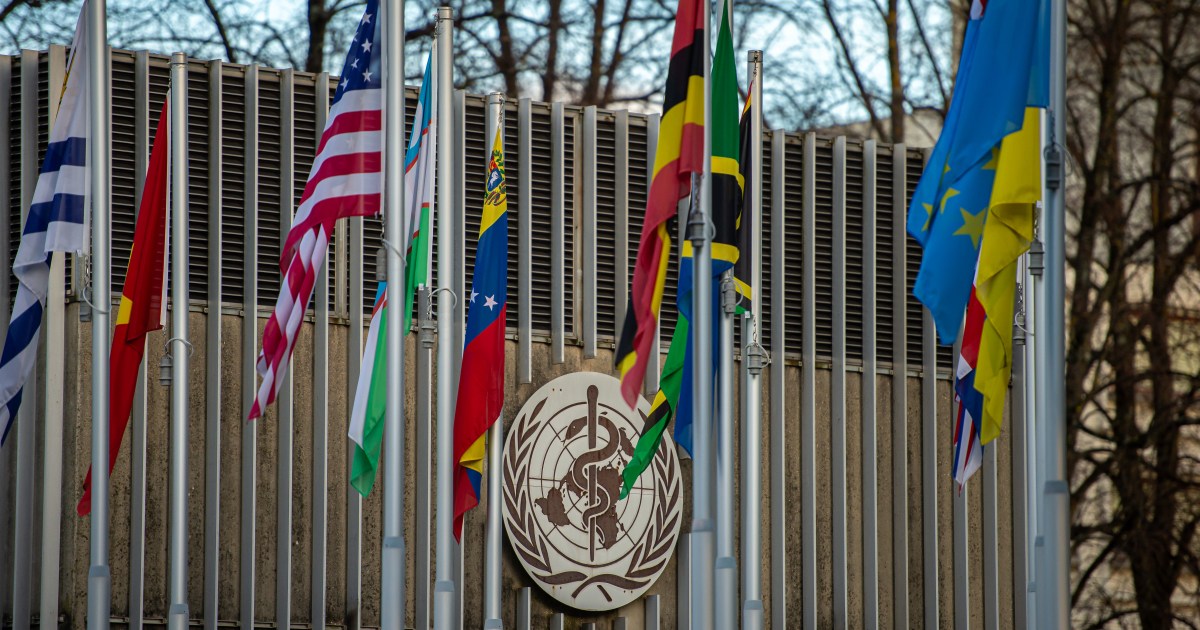Global Health Breakthrough: Nations Unite to Outsmart Next Pandemic Threat

In a powerful affirmation of global cooperation, World Health Organization (WHO) Director-General Tedros Adhanom Ghebreyesus has hailed a draft international agreement as a testament to the enduring strength of multilateralism. His optimistic remarks highlight the international community's commitment to collaborative problem-solving in an increasingly complex global landscape.
The draft agreement, which represents a significant diplomatic achievement, demonstrates that nations can still come together to address shared challenges, despite growing geopolitical tensions. Ghebreyesus's statement underscores the importance of collective action and mutual understanding in tackling global issues.
By emphasizing that multilateralism is "alive and well," the WHO Director-General sends a hopeful message about the potential for international cooperation. His words serve as a reminder that diplomatic dialogue and negotiation remain powerful tools for creating meaningful global change.
The draft agreement signals a renewed commitment to working across national boundaries, proving that collaborative approaches can transcend political differences and unite countries in pursuit of common goals.
